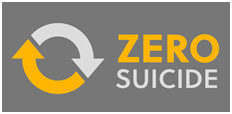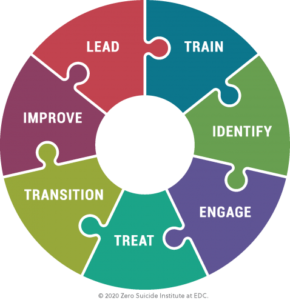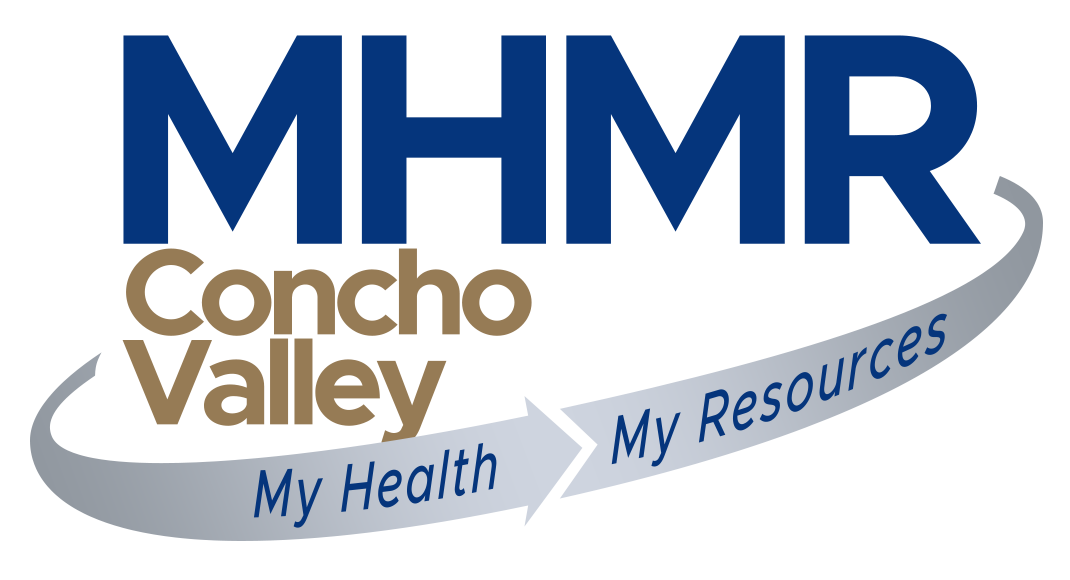SAMHSA is the agency within the U.S. Department of Health and Human Services that leads public health efforts to advance the behavioral health of the nation.
SAMHSA provides suicide prevention information and other helpful resources to behavioral health professionals, the general public, and people at risk.
Dial 988
The Suicide & Crisis Lifeline provides 24/7, free and confidential support for people in distress, prevention and crisis resources for you or your loved ones, and best practices for professionals. It is available to anyone in suicidal crisis or emotional distress.
1-800-662-HELP (4357) | SAMHSA Disaster Distress Line: 1-800-985-5990
SAMHSA improves the quality and availability of treatment and rehabilitative services to reduce Illness, death, disability, and the cost to society resulting from substance abuse and mental illness. SAMHSA’s National Helpline is a free, confidential, 24/7, 365-day-a-year treatment referral and information service (in English and Spanish) for individuals and families facing mental and/or substance use disorders.
- Dial 988
- For veterans, press 1
- Visit Suicide Prevention Lifeline

- For deaf/hard of hearing, call 1-800-799-4889
- For Spanish speakers
- Call 1-888-628-9454
- Visit Ayuda en Español: Lifeline
 It is the aim of MHMRCV to implement a Zero Suicide Framework, to make an implicit commitment to prevent and reduce suicide deaths among the individuals served by our Center and our community.
It is the aim of MHMRCV to implement a Zero Suicide Framework, to make an implicit commitment to prevent and reduce suicide deaths among the individuals served by our Center and our community.
To achieve this objective MHMRCV is focusing on evidence-based training and educational opportunities for staff, volunteers, contract providers, and community providers to create a shift in beliefs that suicide is preventable. MHMRCV also recognizes the importance of self-care practices that address the such areas of physical, emotional, psychological, spiritual, and professional well-being of our staff.
Zero Suicide Framework and Radical Goal
The foundational belief of Zero Suicide is that suicide deaths for individuals under the care of behavioral health systems are preventable. For systems dedicated to improving patient safety and outcomes, Zero Suicide presents both an aspirational challenge and practical framework for system-wide transformation toward safer suicide care.
Elements of Zero Suicide

- Lead- Create a leadership-driven, safety-oriented culture committed to dramatically reducing suicide among people under care
- Train- A competent, confident, and caring workforce
- Identify- Systematically identify and assess suicide risk among people receiving care.
- Engage- Ensure every person has a suicide care management plan, or pathway to care, that is both timely and adequate to meet patient needs.
- Treat- Use effective, evidence-based treatments that directly target suicidality.
- Transition- Provide continuous contact and support, especially after acute care.
- Improve- Apply a data-driven quality improvement approach to inform system changes
More information on Zero Suicide
https://zerosuicide.sprc.org/
